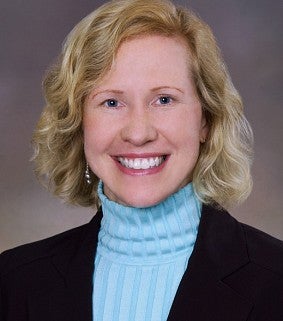Elizabeth Eckstrom, a professor and chief of geriatrics at Oregon Health & Science University, will deliver an interactive lecture and group discussion on “The Inclusion of Older Adults in Research” Oct. 25.
The event takes place from 1 p.m. to 2:30 p.m. at the Lewis Center for Neuroimaging conference room. The talk will address new requirements from the National Institutes of Health designed to include individuals of all ages in human subjects research.

Beginning in January 2019, to qualify for NIH funding researchers will need to include a description of plans for including children and older adults in all applications and proposals for human subjects research.
According to Eckstrom, the new NIH policy reflects a growing awareness of research that has omitted studies of how disease and health complications affect and operate in older adults. Eckstrom reports that many diseases are common in older people, yet little research has been done in older ages.
“For example, most osteoporosis occurs in older women, but most osteoporosis research occurs in women under 75,” Eckstrom said.
Many diseases are also distinctly different in older adults yet haven’t been studied in these age groups, Eckstrom said. The new NIH policy will help address this gap.
“We have to help our research teams understand that the only good way to provide clinical care, the only way to take good care of patients, is to do a better job of being inclusive about age limits,” Eckstrom said.
Eckstrom’s talk will provide an overview of new NIH requirements and benefits to research. A group discussion will provide information about considerations for including older adults in research, strategies for integration and information about organizing research, budgets and applications for the NIH.
“Our job,” Eckstrom said, “is to help research teams meet some of these challenges.”
Eckstrom is a co-director for the OHSU Healthy Aging Alliance, a research study core integrating special populations. Her talk is being presented by the OHSU-UO Partnership program, which aims to increase partnerships between OHSU and UO faculty members to further catalyze discovery and scientific impact.
For more information, please contact Samantha Shune at sshune@uoregon.edu.


